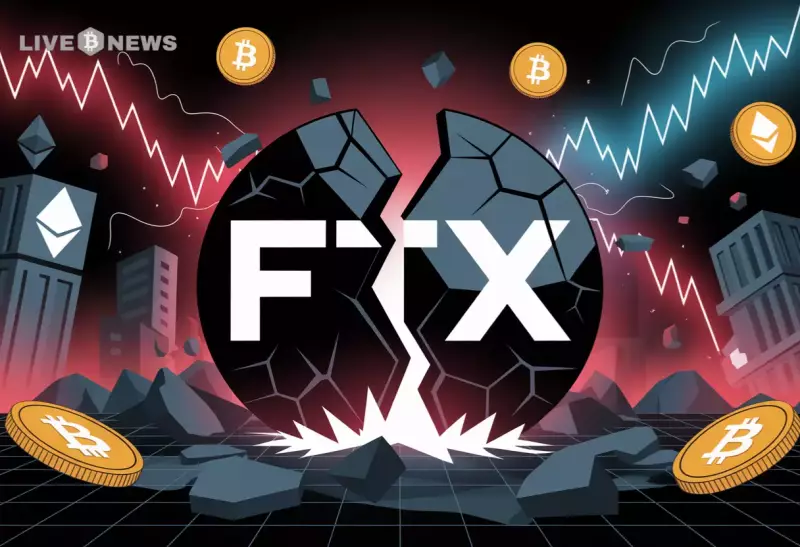A deep dive into the FTX implosion, its ripple effects on the crypto market, and what lessons investors are learning in the aftermath.

The FTX collapse – a whirlwind of mismanagement and liquidity default in November 2022 – shook the crypto industry. Here's a NY-style look at the wreckage, what we've learned, and what's next.
The Downfall: A Perfect Storm
It all started with a CoinDesk report exposing shady dealings between FTX and Alameda Research. Alameda’s massive holdings of FTX's own token, FTT, raised eyebrows, especially since they seemed overvalued. This led to a client exodus and when Binance, FTX's biggest competitor, announced it was dumping its $580 million in FTT tokens, the price tanked. FTX couldn't handle the withdrawal demands and filed for bankruptcy. Sam Bankman-Fried, in a moment of rare understatement, admitted, "I went wrong." Ya think?
Mismanagement on an Epic Scale
John J. Ray III, the CEO brought in for the bankruptcy, called the FTX collapse the worst he'd ever seen. And this guy's seen some stuff! Reports revealed commingling of customer funds with Alameda, resulting in an $8 billion shortfall. SBF allegedly used customer money for personal expenses, campaigns, and political donations. Now, he faces fraud charges. It's a mess, a real dumpster fire.
The Aftershocks: Crypto Winter Gets Colder
The FTX debacle eroded trust in the crypto industry, triggering panic sell-offs. Bitcoin and Ethereum prices plummeted. Companies froze withdrawals, and some went belly up. Even the Ontario Teachers’ Pension Plan took a massive hit. However, despite the chaos, many believe blockchain tech will survive, drawing parallels to past financial crises.
Lessons Learned and New Hope
The FTX repayment saga is a harsh reminder that timing is everything. Creditors who expected a significant recovery are now facing a fraction of what their Bitcoin would be worth today. As investors lick their wounds, they're searching for the next big thing. Coins like La Culex, XRP, and Cronos are gaining attention, each with its own potential. Hong Kong is also making moves, aiming to become a global crypto hub by easing regulations and attracting international players.
The Media Landscape: A Shake-Up
Even crypto news outlets are feeling the heat. Google's algorithm updates have hammered traffic to sites like Cointelegraph, highlighting the fragile business model of crypto media. Many outlets rely on SEO and ads tied to risky ventures, weakening their credibility. Building trust and delivering valuable content is now more critical than ever. People now get their crypto news from X, Telegram, YouTube and Substack.
Looking Ahead: Cautious Optimism
The FTX collapse was a brutal wake-up call. It exposed the dark side of crypto and highlighted the need for regulation and responsible management. But the industry is resilient. New projects are emerging, and innovation continues. As the saying goes, what doesn't kill you makes you stronger. So, buckle up, crypto enthusiasts. The ride's not over yet. Just maybe, keep a closer eye on where your money's going, alright?























































































